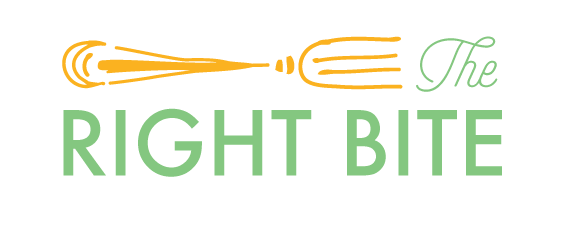There are many dietary trends in today’s world. People are eating Paleo, Vegan, Keto, Vegetarian, Pescetarian, Flexitarian, the DASH Diet, Low FODMAP, Low Histamine, Gluten-free, Grain-free, Dairy-free...the list goes on and on.
Why are there so many different dietary theories? For starters, everyone wants a plan or a formula- something they can adhere to and eliminate the decisions that pop up every time that it’s time to eat. People are looking for a plan that will help them to be healthier and feel great.
But why so many different plans? So many experts claim that their way is the right way, the only way to eat. We live in a world with so much “gray”, and many of us long for absolutes, black-and-white, right and wrong.
When it comes to diet, we find both black-and-white, and gray; some things that are true everyone, and some things that are true for some but not for others. Sugar? It’s really not good for any of us. Artificial food dyes? Not good either. HIgh Fructose corn syrup? Toss it all, every one of us.
But then we get into the gray. Let’s talk, for example, about grains and beans. Vegans swear by them, and yet the Paleo crowd has sworn them off entirely. These foods contain antioxidants, which are vital for a healthy thriving body. They are also full of fiber, and we all need more fiber. The average American eats about twice as much protein as we actually need, but only half the fiber. On the flip side of this debate, many of us have been exposed to antibiotics, toxins, and other chemicals or medicines that have left our gut health compromised. In an ideal world, we’d all have a balanced gut flora and be able to eat a wide variety of whole, real foods. However, in today’s world of fast food and chemicals, many people suffer when eating the very foods that should make them feel vibrant, such as beans and grains. While beans and grains are full of nutrients, they also feed the opportunistic bacteria that tend to become overgrown when our gut health is compromised. Should everyone eliminate grains and beans? Absolutely not. But there are people suffering with bloating and discomfort who find relief when they reduce or eliminate certain foods from their diet.
Among most dietary trends today, there is a common denominator: they all reduce or remove inflammatory foods from the diet. Removing dairy? Reduces inflammation. Sugar? Same thing. Processed foods? Also inflammatory. Does this mean none of us should ever eat these things? No, but we should all reduce these foods for optimal health.
There is another common denominator: fruits and vegetables. The cornerstone of any healthy diet should be a plate full of vegetables and fruit, recognizable in the forms they grew (fruity pebbles do not count). The one thing that is not disputed is the essential nature of fruits and vegetables in anyone’s diet, for they contain the nutrients we all need to thrive. When anyone takes on a dietary trend that reduces or eliminates fruits or vegetables, I always recommend that they supplement with Juice Plus. In fact, we all need a “gap filler” such as Juice Plus in our daily diets, as it is so hard to get the fruit and vegetables (both quantity and variety) that we need each day.
Dietary trends will come and go. Some will be fads and gimmicks, while others will help people to fix their foundational health and thrive again. What has remained a constant is the need for plenty of plants in our diets. That is a trend you can count, for yesterday, today, and tomorrow.
